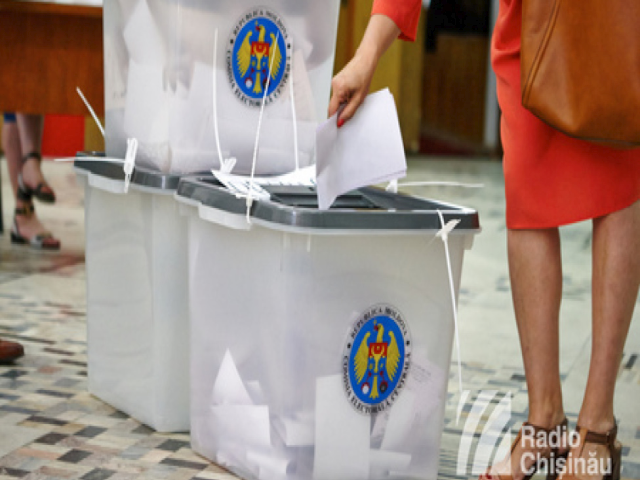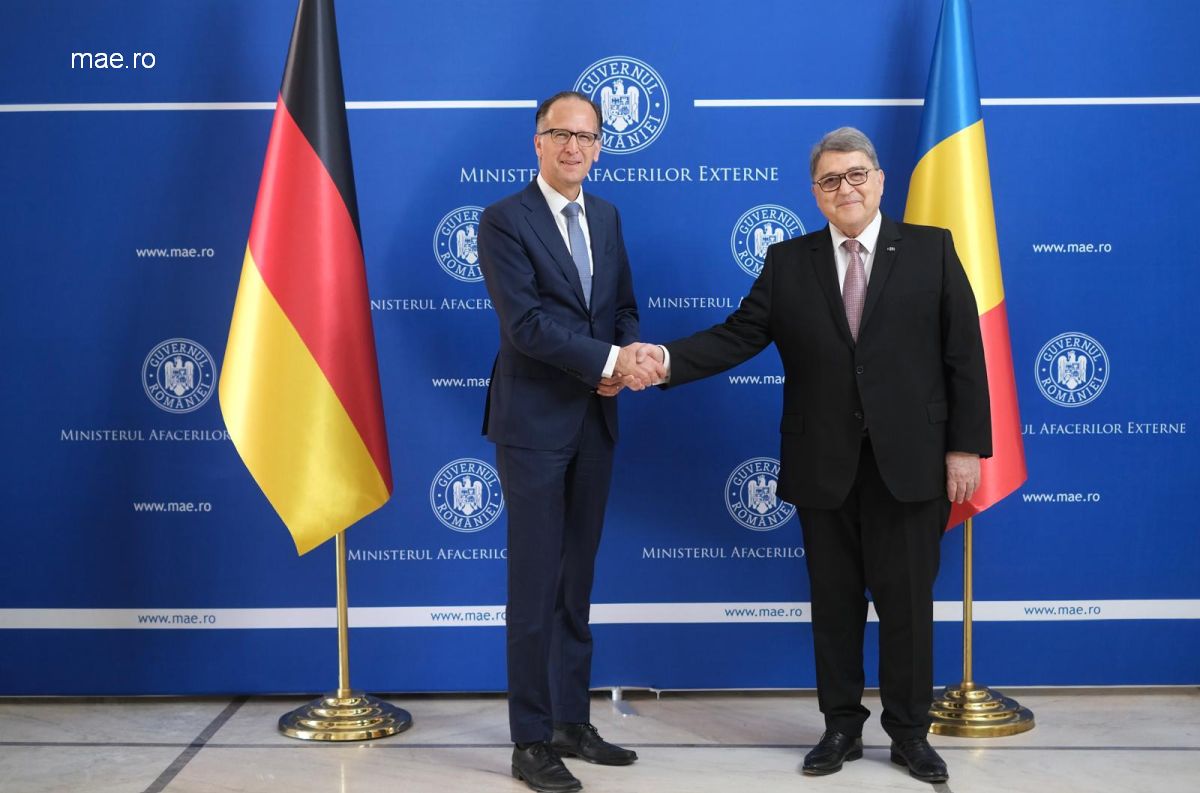The Republic of Moldova ahead of parliamentary elections
Parliamentary elections are scheduled for February 24 in the neighbouring Republic of Moldova, a former Soviet state with a predominantly Romanian speaking population

Bogdan Matei, 07.02.2019, 13:36
Four years since the latest round of
legislative elections held in late 2014, the Moldovan Parliament will have a
new membership. The elections of February 24 will be based, for the first time,
on the mixed voting system, with 50 MPs elected on party lists and 51 others
elected in their constituencies, by means of uninominal voting, in only one
round. Simultaneously with the elections, a referendum will be held on downsizing
the number of MPs from 101 to 61 and introducing the possibility of citizens
removing them.
Just like before in Moldova (set up on part of the Romanian
eastern territories annexed by the former Soviet Union in 1940, following an
ultimatum) the ballot will express not only a political but also a
geo-political choice. Opinion polls on voting intention show that only four
political parties stand chances of being represented in the new Moldovan
Parliament. The pro-Russian Socialists of president Dodon are the favourites,
with some 40% of the voting intentions, followed by the ACUM bloc, an electoral
cartel of the pro-European right wing, with some 25% and the West-leaning
left-of-centre Democratic Party, the senior party in the ruling coalition, with
15%.
Consequently, the Republic of Moldova is again at a critical moment in its
development, and internal and external forces are trying to destabilise and
divide society, the US ambassador to Chisinau, Derek J. Hogan, has overtly
warned. Just like Bucharest and Brussels, Washington deems the parliamentary
elections as a crucial test. The American diplomat has also said the United
States calls on the authorities at all levels, to ensure a free, fair and
transparent electoral process, for all the candidates to have the chance to participate
in this process on an equal footing, without fearing harassment or
intimidation.
The Speaker of the Moldovan Parliament, Andrian Candu (a member
of the Democratic Party), has expressed confidence that the Republic of Moldova
will have a pro-western government after the elections too, even if the ballot is
to be won by the Socialists, because they will not have the necessary number of
votes to form a majority. He has added that Chisinau’s European commitment is
so strong that it is ready to relinquish the reintegration of the pro-Russian
region of Transdniester (in the east), which actually took out from under the
central authorities’ control as early as 1992, following an armed conflict
which left hundreds of dead and which was ended by the intervention of Moscow’s
troops, on the separatists’ side.
On behalf of neighbouring Romania, the
Romanian ambassador to Chisinau, Daniel Ioniţă, has also promised that in the
current semester, when Romania is holding the rotating presidency of the
Council of the European Union, the neighbouring republic will enjoy a special
place on this presidency’s agenda.






























